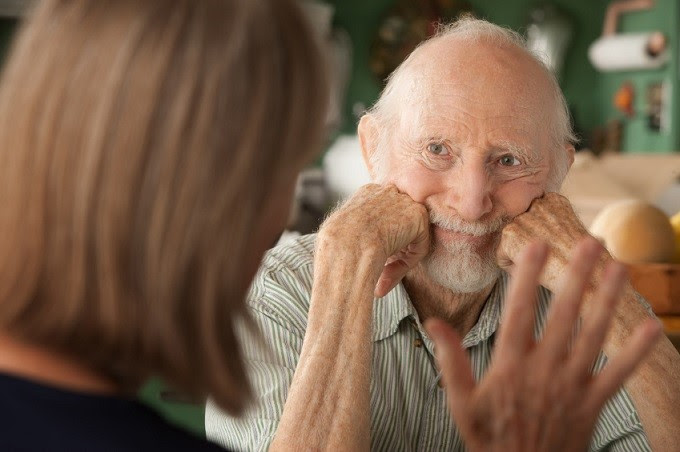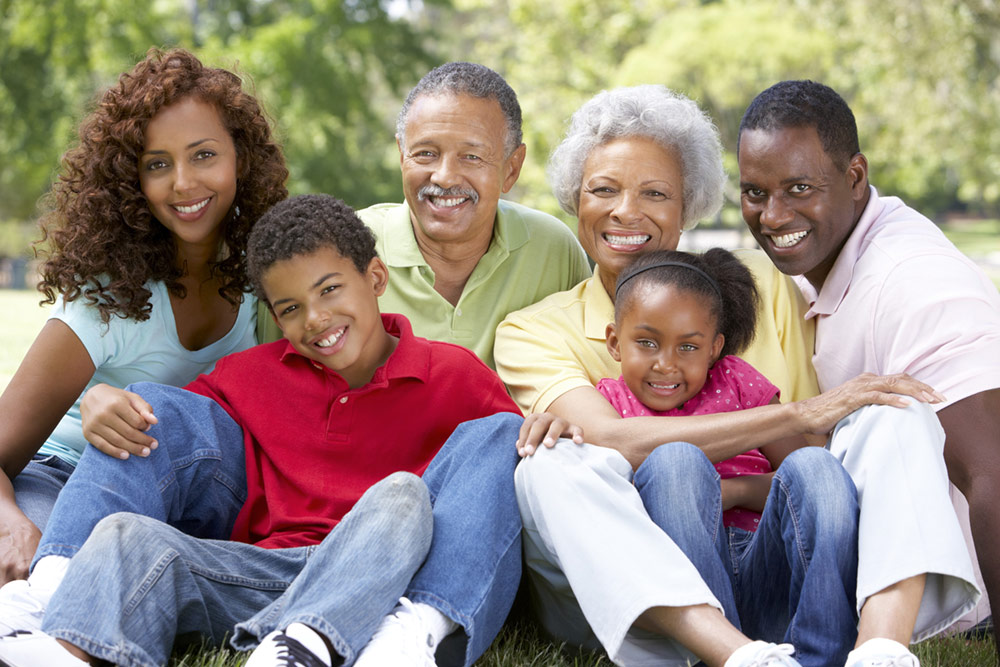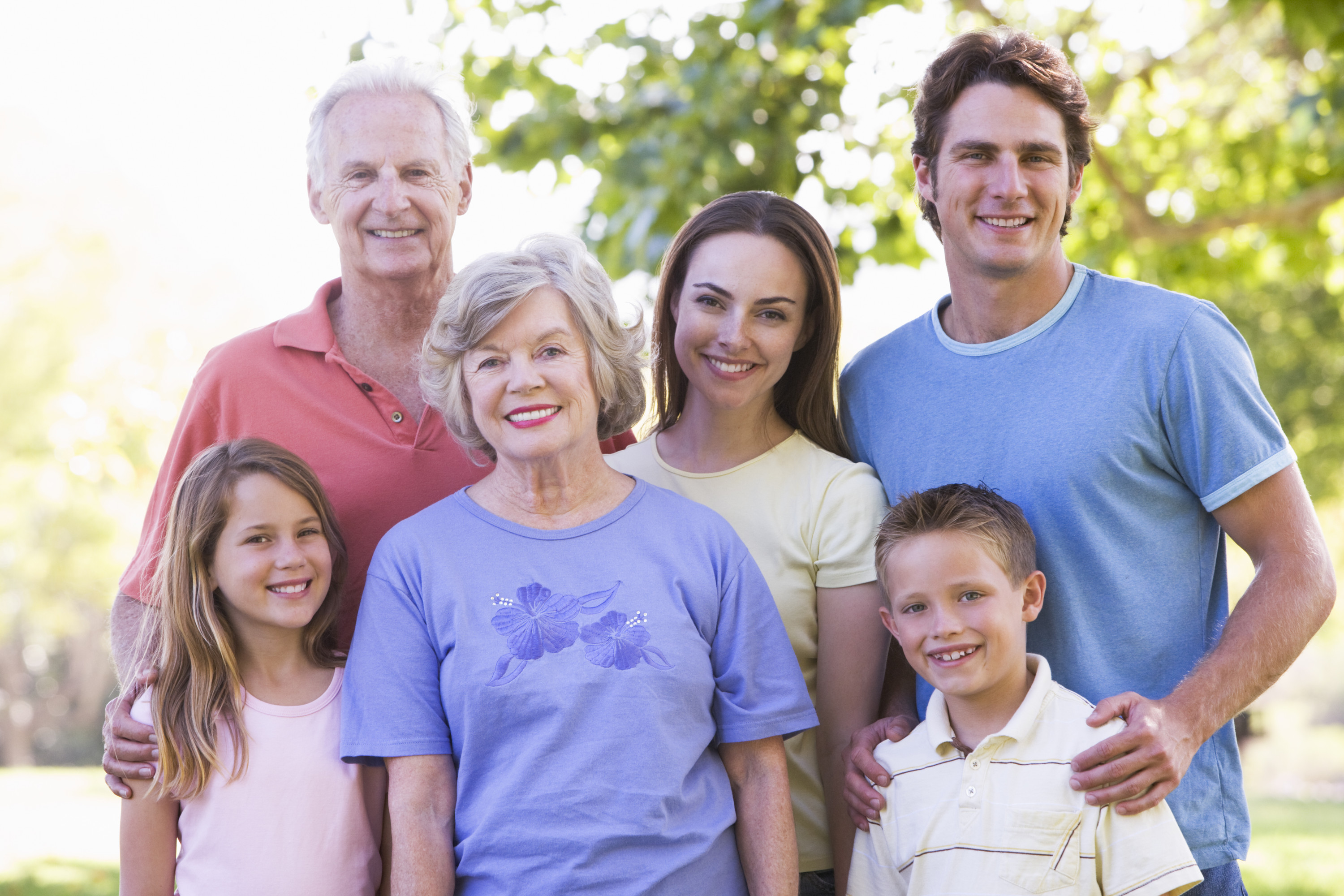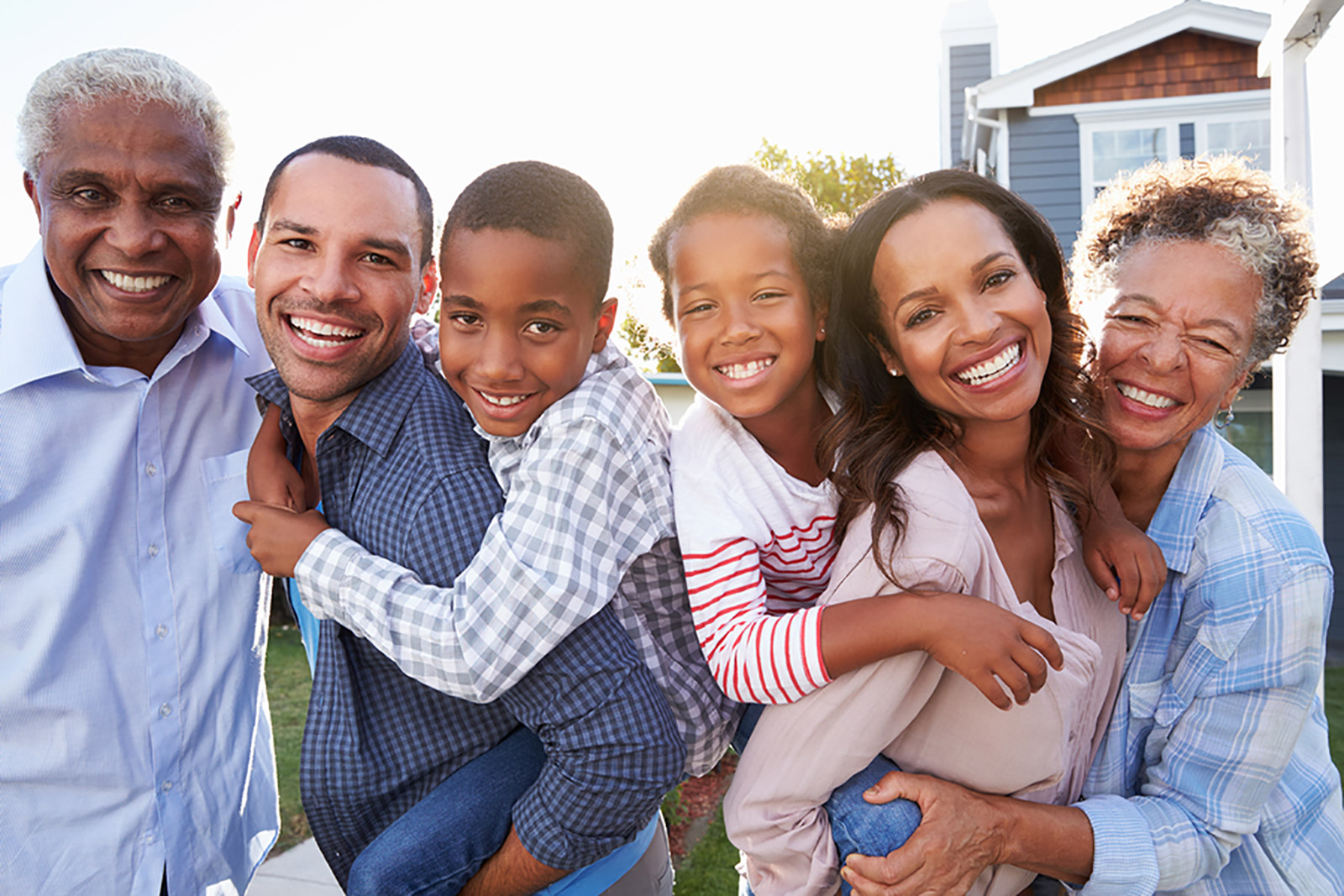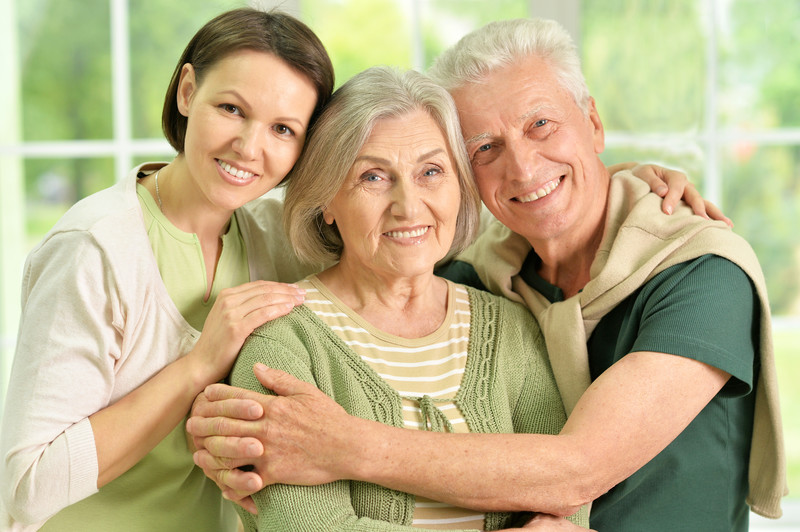Loneliness and social isolation are serious public health concerns, especially among seniors, and have been even before the pandemic struck. More than one-third of adults 45 years old and above feel lonely, while nearly one-fourth of those who are 65 and above experience social isolation, according to a report by The National Academies of Sciences, Engineering, and Medicine. Loneliness is the feeling of being alone, regardless of the amount of social interaction. Meanwhile, social isolation is a lack of social connections, which can sometimes lead to loneliness.
Senior Loneliness can also lead to depression and can escalate symptoms like Alzheimer’s and Dementia. It can also make seniors more accident prone and increase home hazards like greater clutter and hoarding. It has always been a passion of ours to do our part to raise awareness and to do our parts to keep our seniors active and safe. During the holiday season, for the past 8 years we have teamed up with Seahawks Legends for one purpose: Simply, to touch the hearts of seniors in a program called 12 Days of Goodness. Unfortunately, due to COVID we were unable to do the program this year, but we pledge to be back next year, stronger than ever! Instead, this year, if you know of a senior who is alone, or lonely, here are some tips to help!
And today, social distancing protocols — though necessary for our health and safety — have just made social isolation and loneliness worse for our elderly loved ones. They need our help, and here are some ways you can lend a hand:
Encourage Them to Maximize Digital Technology
In these challenging times of social distancing, digital technology has been a great tool in maintaining connections and fighting loneliness and social isolation. But not all seniors know how to maximize technology. According to a Pew survey, 42% of seniors now have smartphones, with 67% having access to the internet. But only a quarter of those over 65 feel confident about using them to go online. “Maybe they got it and they thought it was too complicated, or their kids got it for them and they never used it. Those are the people who have big opportunities,” says Dr. Louise Aronson, a geriatrician and professor of medicine at the University of California.
Teaching the seniors in our life how to start video calls, like FaceTime, is a good way to help them stay connected digitally. Getting them on social media platforms, like Facebook and Instagram, is also a good way to help them stay updated about family and friends. For some entertainment, guide them through using streaming platforms, like Netflix and YouTube, to watch movies, TV shows, and other videos for their amusement.
Deliver Groceries and Other Supplies
Many seniors live alone, and one way you can help them is by delivering their groceries and other needs. This way, they won’t have to get out of the house, as they’re more prone to getting infected. Dr. Geralyn Frandsen, assistant director at Maryville University’s online nursing programs, says that fresh groceries are especially important for seniors, who need a healthy diet to fight off diseases and maintain a healthy lifestyle. You can try using apps like Fresh Direct or Instacart, or buy the groceries yourself — while practicing basic health and safety measures, of course. For seniors who insist on doing their own groceries, Dr. Frandsen suggests on The Good Men Project to advise them to go during designated hours for senior shoppers. This, she says, “will provide interaction with other seniors and store staff. By going during senior hours, it will protect the senior from interaction with individuals who have a high risk for exposure.”
Stay Connected Safely with Those in a Senior Care Community
If you have elderly loved ones living in a senior care home, make sure to call them regularly on video calling apps, and frequently visit them while observing the facility’s health and safety protocols. Angelia Brigance, executive director of Harbour Pointe Senior Living, previously told us about their “Glass Time” visits, where their senior residents and their families or friends can sit across from each other and talk safely on a telephone through a glass window. Their facility also ordered tablets so their senior residents can have video chats with their loved ones.
Be their Emotional Support System
Our senior loved ones, especially our parents, need us to be there for them now more than ever. They need to talk to people who will listen and validate their feelings. And we need to be patient and strong for them as we bear witness to their stress, anxiety, and sadness. We should encourage them to try to reminisce and always focus on the good memories. We should remember how they worked hard to be the heroes we needed as children — and it’s time we return the favor and become the heroes they need in their golden years.
Exclusively written for ANSWERSforELDERSradio.com
By: Raynne Jaimie






